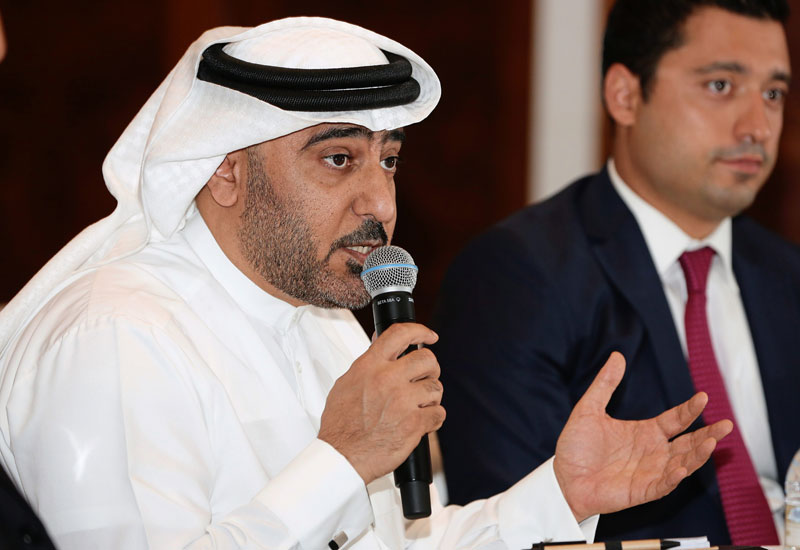Thanks to globalisation, company executives and employees often find themselves travelling to ever-more remote destinations. Frequency of travel is also on the increase for some sectors, including oil and gas, which is particularly prevalent in the Middle East.
Finding a hotel that is appropriate for corporate travellers in some regions can be a challenge. Takeer public relations department manager, HR & administration division, Khaled Hasan Al Marzouqi said that he has had to personally visit and assess a hotel at a place with limited choices before approving it for employees. “I recently went to Turkey to check a hotel. I saw the hotel, facilities and then moved my employees.”
Some believe the situation might be different if there was a universal scale to evaluate hotels; a standard that would inspect hotels against corporate travellers’ requirements, and pronounce them suitable or not. Carlson Wagonlit Travel country general manager, Roland Bunge said that he would consider unbranded hotels if they were checked against a predefined standard and consequently accredited. “Corporate travellers want to see as many relevant options as available in a destination, together with some form of ranking — cheapest, most expensive, recommended etc. I do think some kind of accreditation will help. Companies are price-conscious and certainly if we had something like that, it would help.”

| Advertisement |
Spotting a potential niche in the market, the Association of Corporate Travel Executives (ACTE), a global association comprising executive-level members in more than 100 countries, initiated a programme to bridge this gap. ACTE-BCHA is an accreditation programme, launched in March 2015, to broaden the range of hotels for corporate travellers.
Explaining the programme, ACTE Global regional director Europe, Middle East & Asia Caroline Allen said: “The purpose of it is to provide a global standard, so that we are not working in some markets with a class system and in some with a star rating, and there is a universal standard for accredited properties.”
The initiative focuses on independent hotels, and aims to help them elevate service standards and become acceptable to corporate travellers. Allen added: “What we are trying to do is to bring up the standards of independent and smaller properties in more remote regions, where companies may find themselves challenged to find a better-known property. The vision is to shape a new business travel industry, which increases competitiveness, improves quality of service and standards, and overall competency.
“The accreditation will help hoteliers understand corporate travellers’ needs and adapt their services and prices accordingly. In turn, it will give travel procurement managers the assurance that the property meets certain standards.”
While the programme is in its infancy, there is a mixed reaction from corporate travel managers. Yoonus Perukanchira, who is the general manager for Fly to Sky, and is responsible for all corporate travel at Al Khaja Holding, said: “It is a good concept. Generally, when we look for hotels for business travellers, we look at branded hotels. But if there is an unbranded hotel that meets our standards, it is a good opportunity and we will book. Also it can be very difficult to negotiate with big hotel groups that are rigid with their policies, whereas business travellers need flexibility, which these hotels might be able to provide.”









 Search our database of more than 2,700 industry companies
Search our database of more than 2,700 industry companies









